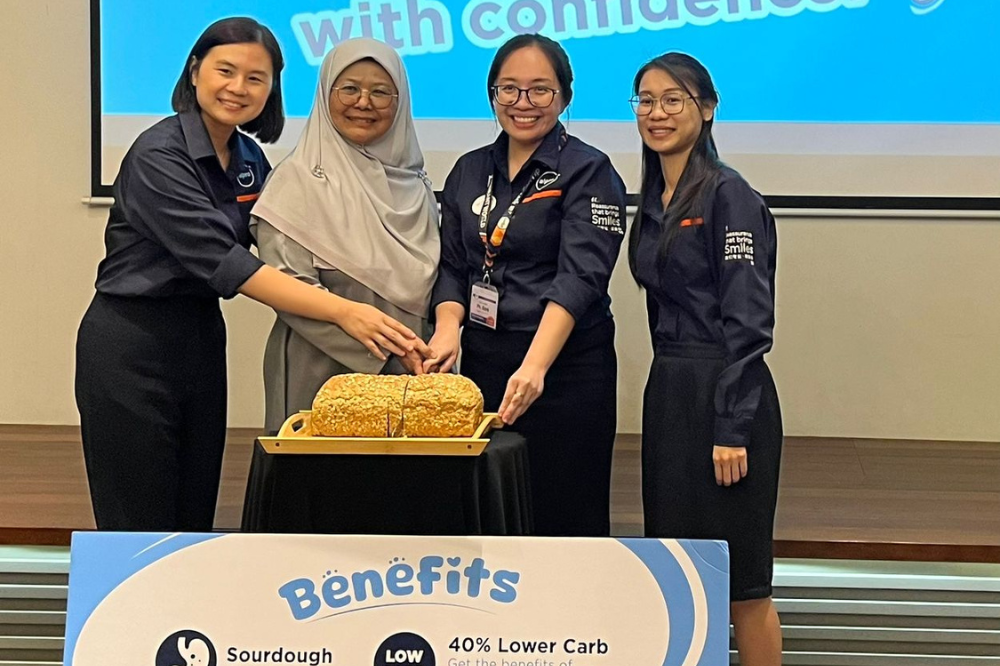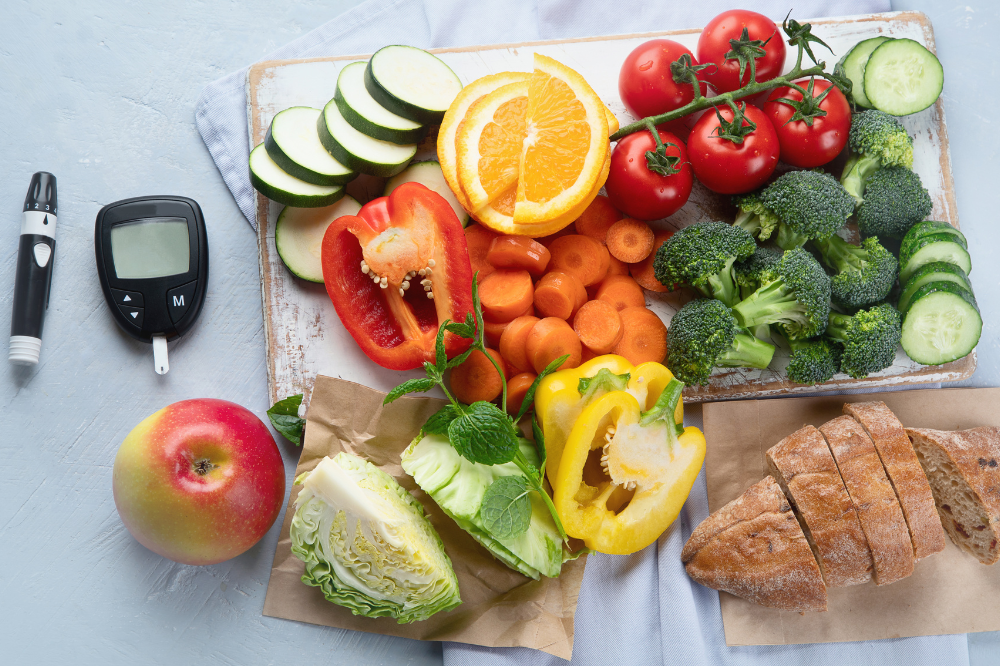Portion control is key to keep diabetes in check
Don't let diabetes bite! Here's why portion control is so important.

For individuals living with diabetes, managing blood sugar levels is a daily priority, and achieving this requires more than just medication. A well-balanced diet, especially one focused on the right portions of carbohydrates and other key nutrients, plays a critical role.
Experts emphasise that portion control is fundamental in keeping blood sugar levels stable and avoiding long-term health risks.
Malaysian Health Ministry senior assistant director Dr Aizuniza Abdullah talked about the importance of portion sizes in diabetes management during a panel discussion on "Innovations in Diabetes Care and Management".
“Eating should always be done moderately, followed by other healthy habits such as exercising,” she advised.
She also highlighted that the ideal portion size varies from person to person, particularly depending on age and gender.
"An elderly person would need a different serving size than someone who is younger. Older people should generally eat much less," she said.
Failing to adhere to appropriate portion sizes can lead to long-term health complications, Dr Aizuniza warned.

"There are long-term risks if you do not take the right portion sizes and do not pay attention to your diet," she said.
She said diabetic patients are encouraged combining high-fiber foods with carbohydrates, particularly those with a high glycaemic index (GI) like rice and white bread. Pairing such foods with vegetables can help balance blood sugar levels and lower the overall GI.
However, Alpro Pharmacy researcher and professional care and development manager Chua Kai Jia addressed the challenge of managing food intake for diabetic patients.
"Food is the most difficult thing to control, especially for diabetic patients who must constantly monitor their nutritional content. There is less flexibility when you have to take medication," she said.
"Identify what contains carbohydrates and causes blood sugar spikes, and understand portion sizes to take control of your blood glucose level," she emphasized.
Chua illustrated how seemingly different foods can have the same impact on blood sugar.

"One piece of white bread is equivalent to one cup of rice and three 'roti canai' (flatbreads)," she explained.
"Although they are different, they provide similar amounts of carbohydrates," she added.
To better manage blood sugar, Chua advised the audience to seek accurate nutritional information when making dietary and lifestyle adjustments.
One potential solution discussed was the new Low-Carb Flaxseed Oat Sourdough Bread, launched by Alpro Pharmacy.
With a GI of 37, this bread has a slower impact on blood sugar levels, making it a suitable option for diabetics.
Rich in soluble fiber from flaxseeds and oats, it may help manage blood sugar spikes and support better blood sugar control than regular bread.










